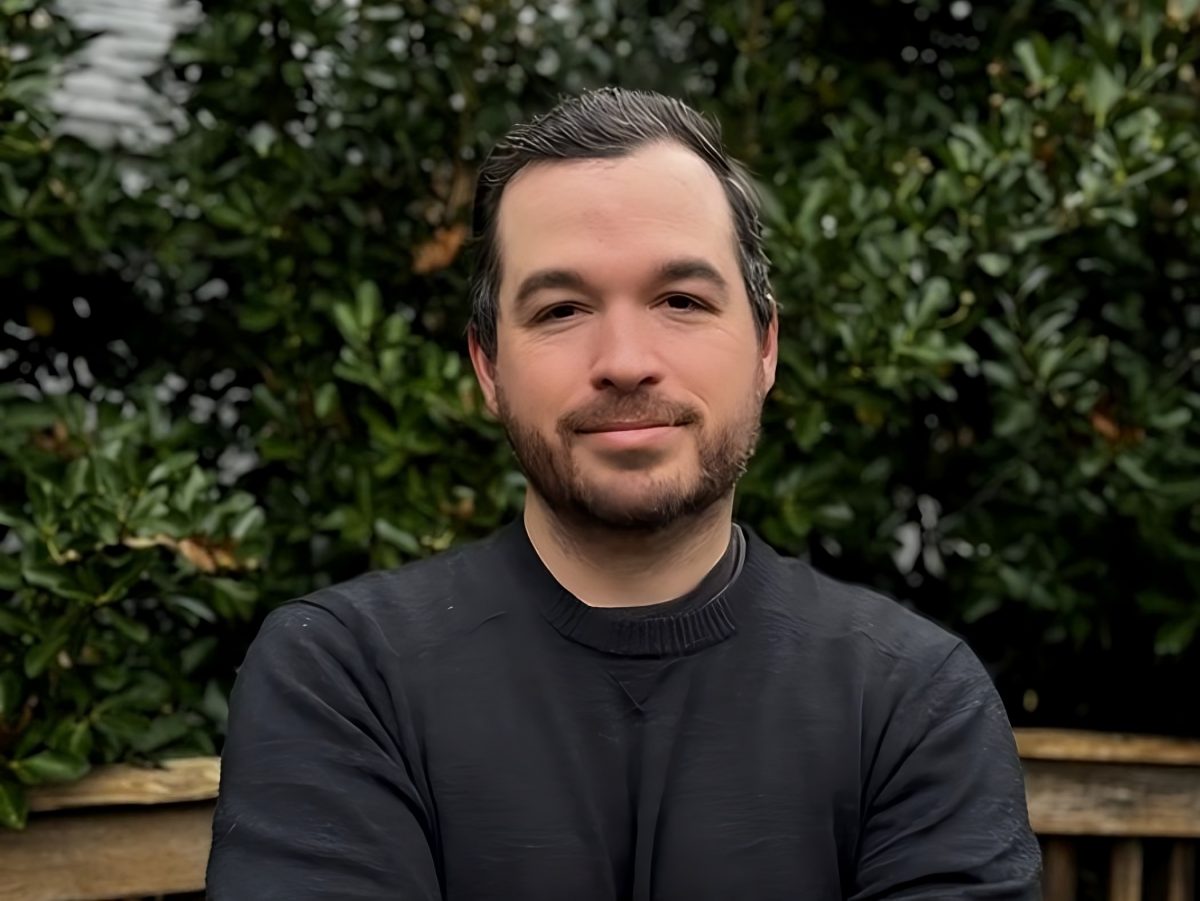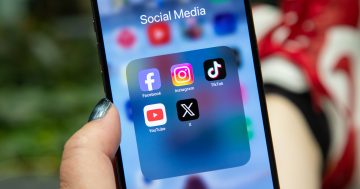
In their new book, Dr Will Dobud and his co-author question whether there is an over-reliance on medication and diagnosis. Photo: Supplied.
A Charles Sturt University (CSU) lecturer has criticised how adults respond to the youth mental health crisis in his book, including the Federal Government’s decision to ban social media for under 16s.
Kids These Days: Understanding and Supporting Youth Mental Health challenges widely accepted interventions such as diagnostic labels, increased therapy sessions and medication, arguing that there should be a shift in how adults respond and support our youth instead.
CSU senior lecturer Dr Will Dobud wrote the book with Professor Nevin Harper, from Canada’s University of Victoria, after they noticed a surge in diagnoses, labels and disorders.
Even with more medications and other interventions such as therapy, youth mental health cases weren’t “flattening”. Dr Dobud believes there should be more focus on building social connection and community to improve youth mental health, rather than an over-reliance on medication and diagnoses.
“Australia had an ADHD medication shortage for most of this year, so we can see that these medications are being used quite liberally,” Dr Dobud said.
“For instance, one of the things we argue is that at any time, 20 per cent of adolescents are diagnosed with a mental disorder; that also means 80 per cent are not.
“So why are we doing a Federal Government social media ban? Why are so many kids prescribed antidepressants? I’m not anti-medication, but it seems like whatever the fad of the time is gets all the funding.”
The Federal Government’s under-16s social media ban came after seeing the harm social media is causing to Australian youth. In fact, more than a third of Australian youth (aged between 16 and 24) experienced a mental health disorder in 2023.
However, Dr Dobud argues that youth mental health has been deteriorating since before social media, and the focus should shift towards creating a better and more connected environment for our youth.
“This has been going on for a long time,” he said. ”We keep trying to position the problem as something that’s happening between the child’s ears, instead of thinking what’s going on in the environment.
“Kids actually spend all their time in environments that adults have created for them.
“I think that for over 100 years, we’ve known that we need to work on social connection.”
He warns that an over-reliance on medication and diagnosis can sometimes lead to harm.
“We know that for many mental health labels, when they’re on their medical record it can lead to extreme discrimination in the emergency room or other medical arenas,” Dr Dobud said.
“So we wanted to equip parents and educators with here’s really what the evidence says, because it’s not all the time that what we click on as a headline really translates to what happens every day.”
He argues that the link between smartphones, social media and rising rates of mental health is not nearly as strong as bestselling books claim.
“It could be the other way around, that young people who are struggling might use their phones more as a way to calm down,” he said.
“Simple solutions like social media bans probably aren’t going to work the way that we hope.
”No matter when, the older generation has always been critical of the younger generation, including Greek philosopher Socrates: ‘Our youth now love luxury, they have bad manners, contempt for authority; they show disrespect for elders, and they love to chatter instead of exercise’.
“None of this is new. In New York City, they banned pinball machines [in the 1940s] because they thought it was linked to youth crime.
“The book is fun. It’s a heavy topic, but also — some of this is actually ridiculous.”
Kids These Days: Understanding and Supporting Youth Mental Health can be ordered through Amazon.















